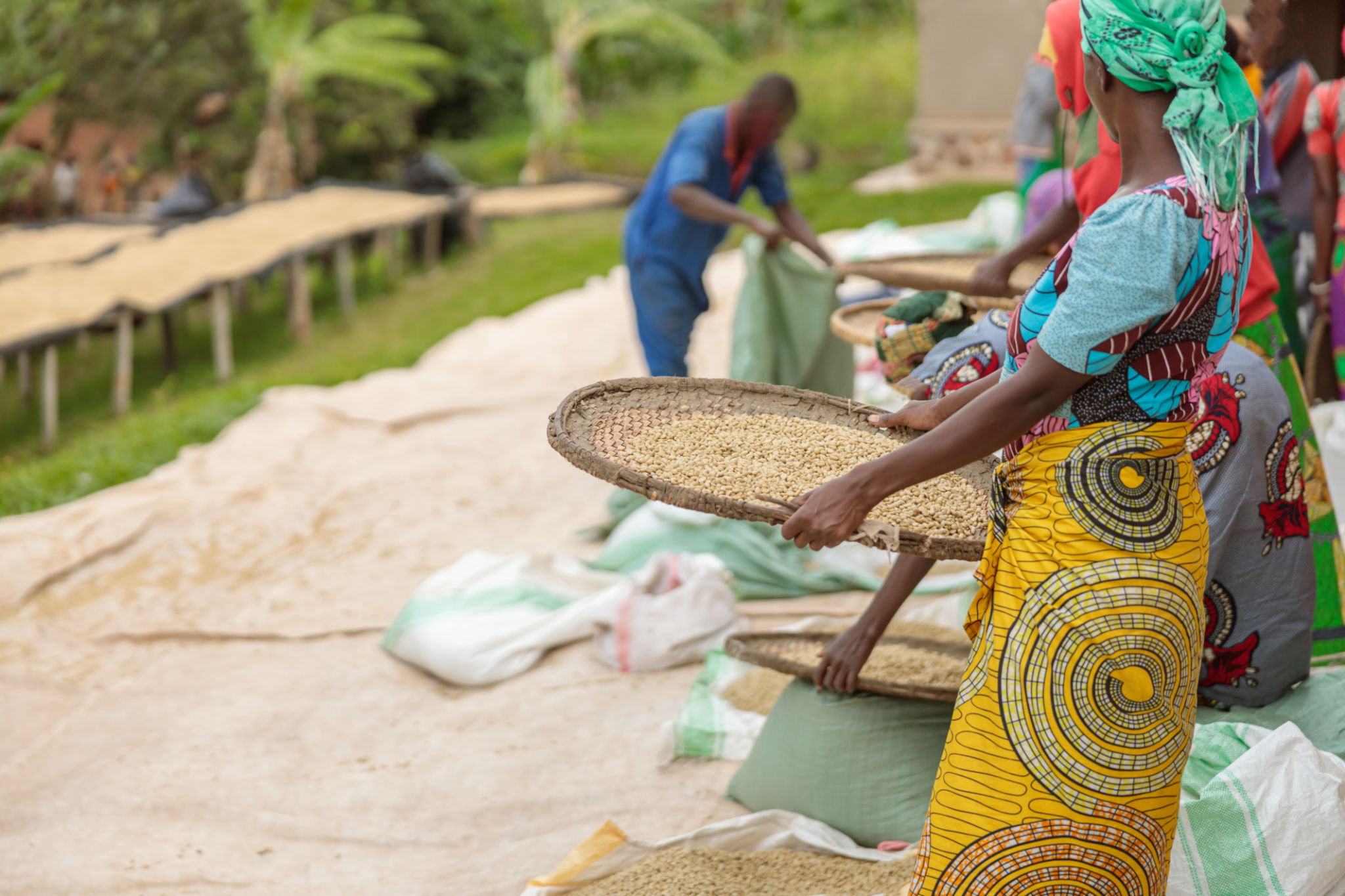Empowering Farmers: The Impact of Fair Trade Practices in Africa
Understanding Fair Trade Practices
Fair trade practices are designed to promote sustainable livelihoods and improve the working conditions of farmers and workers in developing countries. By ensuring they receive fair compensation for their products, these practices aim to empower individuals and foster economic growth in their communities. In Africa, where agriculture is a primary source of income for millions, fair trade has the potential to significantly uplift farmers and transform their lives.
Fair trade practices focus on creating equitable partnerships between producers and consumers. These partnerships ensure that farmers receive a fair price for their goods, which covers the cost of sustainable production and supports community development. This approach not only benefits the farmers but also encourages responsible consumption among buyers.

The Economic Benefits for Farmers
One of the most significant impacts of fair trade practices is the economic empowerment of farmers. By guaranteeing a minimum price for their products, fair trade helps protect farmers from volatile market fluctuations. This stability allows them to plan for the future, invest in better farming techniques, and improve their overall productivity.
Moreover, fair trade premiums are often used to invest in community projects such as schools, health clinics, and infrastructure improvements. These investments have a ripple effect, enhancing the quality of life for entire communities and fostering long-term economic development.
Improving Agricultural Practices
Fair trade certification also encourages sustainable farming practices. Farmers are provided with training and resources to implement environmentally friendly techniques that preserve soil health and biodiversity. This focus on sustainability not only contributes to a healthier planet but also ensures that farmers can continue to produce high-quality crops for generations to come.

Empowering Women in Agriculture
Women play a crucial role in agriculture across Africa, yet they often face significant barriers to accessing resources and opportunities. Fair trade initiatives actively work to empower women by promoting gender equality and providing them with leadership roles within cooperatives. This empowerment leads to greater financial independence and improved social standing within their communities.
Through fair trade practices, women are also able to gain access to education and training programs that enhance their skills and increase their productivity. This not only benefits the women themselves but also contributes to the overall success of their communities.

Challenges and Opportunities
While fair trade practices offer numerous benefits, there are still challenges that need to be addressed. Some African farmers may struggle with the costs associated with obtaining fair trade certification or meeting its stringent standards. Addressing these challenges requires collaboration between governments, non-governmental organizations, and the private sector to provide support and resources.
Despite these challenges, the opportunities presented by fair trade practices are immense. As more consumers become aware of the impact of their purchasing decisions, demand for fair trade products continues to grow. This increase in demand provides a powerful incentive for more farmers in Africa to adopt fair trade practices, ultimately leading to a brighter future for the continent's agricultural sector.
